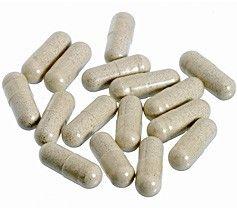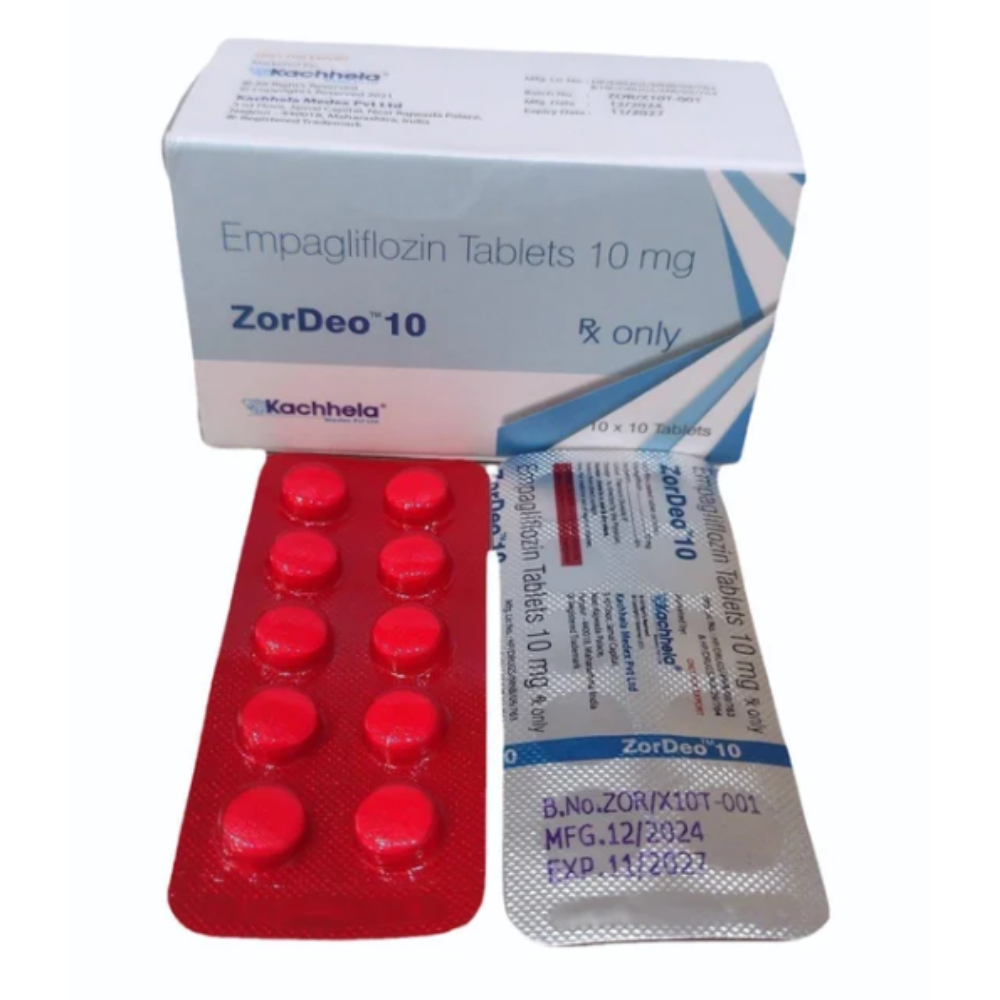fenbendazole: Potential Risks Explained
Exploring the Devices Behind Fenbendazole and Its Influence On Animal Health And Wellness
Fenbendazole is a widely utilized anthelmintic known for its efficiency versus various parasites. Its key mechanism includes the restraint of microtubule formation, which interferes with crucial procedures in these microorganisms. Past its antiparasitic homes, fenbendazole likewise shows up to boost immune feedbacks and possesses anti-inflammatory benefits. Recognizing these complex results can disclose brand-new applications for pet health. Inquiries remain regarding its complete possibility and safety and security account.
The Pharmacokinetics of Fenbendazole
The pharmacokinetics of fenbendazole, an extensively utilized anthelmintic in veterinary medicine, entails the research of its absorption, circulation, metabolic rate, and discharging within animal systems. After administration, fenbendazole is quickly absorbed from the stomach tract, with peak plasma focus occurring within hours. Its distribution is affected by elements such as tissue binding and lipid solubility, permitting it to pass through various tissues efficiently. The drug undertakes extensive metabolic rate mainly in the liver, where it is converted into active and inactive metabolites. These metabolites contribute in the drug's overall efficacy and security profile. Discharging happens mainly with feces, with a smaller percentage removed via pee. The half-life of fenbendazole differs amongst types, which impacts dosing routines. Understanding these pharmacokinetic properties is essential for maximizing its healing use and guaranteeing effective parasite control in vet methods.
Mechanisms of Activity Versus Parasites
Fenbendazole applies its antiparasitic impacts mainly through the restraint of microtubule formation in bloodsuckers. This disturbance impacts their structural honesty and mobile functions, resulting in damaged basal metabolism. Because of this, the medicine successfully endangers the survival and reproduction of different parasitical organisms.
Inhibition of Microtubule Development
Restraint of microtubule formation represents a vital device whereby specific anthelmintic representatives, including fenbendazole, exert their impacts on bloodsuckers. Fenbendazole binds to tubulin, a healthy protein that forms microtubules, interrupting the polymerization procedure essential for microtubule setting up. This disruption impairs essential mobile functions, consisting of mitosis, intracellular transportation, and architectural stability. As microtubules play a crucial duty in maintaining the shape and function of parasitic cells, their inhibition brings about cell cycle apprehension and ultimate fatality of the bloodsucker. This mechanism is particularly efficient versus nematodes, as their dependence on microtubules for mobility and nutrient absorption makes them susceptible to fenbendazole. The restraint of microtubule development is a crucial facet of fenbendazole's healing efficacy in veterinary medicine.
Interruption of Power Metabolic Rate
Interfering with energy metabolic process is an additional essential mechanism by which fenbendazole targets parasitic organisms. This anthelmintic changes the energy production paths within bloodsuckers, largely impacting their capability to produce adenosine triphosphate (ATP) By hindering sugar uptake and interfering with mitochondrial feature, fenbendazole restrictions the power sources vital for the survival and recreation of these microorganisms. Therefore, bloodsuckers come to be significantly at risk to ecological tensions and immune reactions. The disturbance in power metabolic process not just influences the bloodsuckers directly but additionally reduces their capacity to assimilate nutrients, additionally impairing their development - fenbendazole capsules. On the whole, the disruption of power metabolic rate represents a basic element of fenbendazole's efficiency against numerous parasitic infections, adding significantly to boosted animal wellness outcomes
Possible Negative Effects and Security Account
The possible side impacts and safety profile of fenbendazole warrant cautious factor to consider, particularly in vet applications. While generally considered as risk-free, some pets may experience unfavorable responses, consisting of gastrointestinal disturbances such as throwing up and looseness of the bowels. Furthermore, neurological signs and symptoms, although rare, have been reported in sensitive people, highlighting the demand for monitoring during therapy.

Fenbendazole's safety and security in various varieties, including pet dogs and cats, has actually been documented, however dose and duration of treatment need to be meticulously managed to reduce threats. Expectant or breast feeding animals may additionally need unique interest, as the results on developing fetuses or nursing offspring are not fully comprehended.
Routine veterinary examinations can aid mitigate prospective adverse effects and assure the medicine is provided suitably. Subsequently, while fenbendazole is an effective anthelmintic agent, caution concerning its adverse effects is vital for preserving pet wellness.

Fenbendazole's Influence on Immune Function
Fenbendazole has actually been noted for its possible to regulate body immune system feedbacks in pets. Its anti-inflammatory residential properties might add to enhanced immune feature, supplying a twin advantage in handling health and wellness (fenbendazole 222). Understanding these results is crucial for examining fenbendazole's duty in veterinary medication
Immune System Inflection

Anti-inflammatory Qualities
Anti-inflammatory results stand for a substantial facet of fenbendazole's impact on immune feature. Research study suggests that fenbendazole may decrease the production of pro-inflammatory cytokines, which are critical in mediating inflammatory responses. By regulating these cytokines, fenbendazole can possibly relieve inflammation-related problems in animals. This anti-inflammatory action not only help in taking care of signs related to different diseases but additionally improves general immune system efficacy. In addition, its capacity to promote a balanced immune feedback aids stop excessive inflammatory damages, which can bring about persistent health issues. Fenbendazole's role in inflammation monitoring highlights its importance in vet medication, supplying a double benefit of antiparasitic activity and immune system support for pet health and wellness.
Applications Beyond Standard Parasitic Infections
While largely acknowledged for its effectiveness versus numerous parasitic infections, fenbendazole has actually gathered attention for prospective applications yet standard scope. Current studies recommend that fenbendazole might have useful effects on cellular wellness and immune reaction, making it an intriguing candidate for managing various other wellness conditions in pets. For instance, its reported anti-inflammatory properties might provide alleviation for animals experiencing chronic inflammatory illness. In addition, some research study shows that fenbendazole could contribute in sustaining the overall wellness of pets by enhancing nutrition absorption and stomach wellness. Furthermore, its prospective as a complement treatment in cancer cells therapy has stimulated rate of interest, as initial searchings for recommend it could hinder tumor cell development in particular contexts. These varied applications highlight fenbendazole's convenience, urging more expedition into its diverse benefits for animal health beyond its conventional usage as a deworming representative.
Future Study Instructions and Ramifications for Animal Health
The exploration of fenbendazole's possible applications has actually opened up new opportunities for research study targeted at enhancing pet wellness. Future researches might focus on its efficiency against a broader range of pathogens, consisting of microorganisms and infections, thus expanding its role in vet medication. The effects of fenbendazole's devices, such as its effect on immune modulation, warrant even more investigation to understand how it can bolster overall health in various types.
Furthermore, research may explore Related Site suitable does and solutions to optimize efficiency while lessening prospective side effects. Exploring fenbendazole's collaborating results with various other medicines can lead to more reliable therapy procedures. Longitudinal research studies evaluating lasting outcomes in pets treated with fenbendazole can provide important insights right into its security and effectiveness. In general, the ongoing exploration of fenbendazole offers appealing capacity to boost animal wellness, necessitating a joint technique among researchers, veterinarians, and pharmaceutical designers to assist in developments in this location.
Frequently Asked Questions
Can Fenbendazole Be Made Use Of in Livestock for Bloodsucker Prevention?
The concern of whether fenbendazole can be used in livestock for bloodsucker avoidance is appropriate, as manufacturers look for effective treatments (fenbendazole 222). Research suggests it might supply advantages, however proper guidelines and veterinary suggestions are important for safe usage
What Is the Advised Dose of Fenbendazole for Various Pets?

Exist Any Type Of Understood Drug Interactions With Fenbendazole?
Current knowledge shows that fenbendazole might engage with specific drugs, potentially influencing their efficiency or metabolic process. Veterinary professionals advise speaking with a vet to evaluate individual pet instances and figure out any type of possible communications prior to administration.
Just How Does Fenbendazole Contrast to Other Antiparasitic Drugs?
Fenbendazole is usually compared to other antiparasitic drugs based on efficiency, range of activity, and safety and security profiles. It is preferred for its efficiency against a wide variety of parasites while generally showing very little side results in pets.
Is Fenbendazole Effective Against Viral or Microbial Infections in Pets?
The effectiveness of fenbendazole versus viral or bacterial infections in pets remains unverified. Research study largely concentrates on its antiparasitic homes, with limited evidence supporting any type of duty in treating non-parasitic infections in vet medicine.